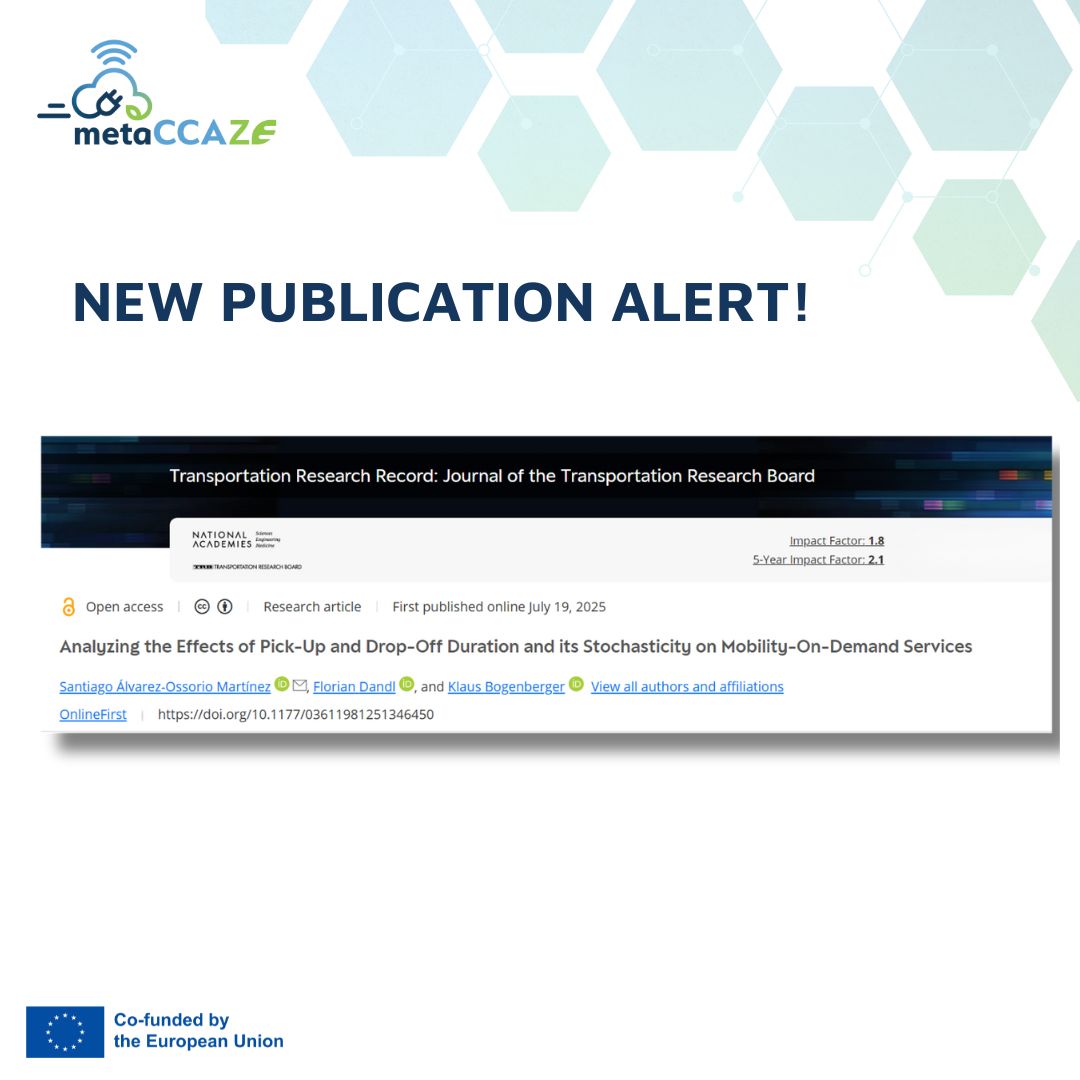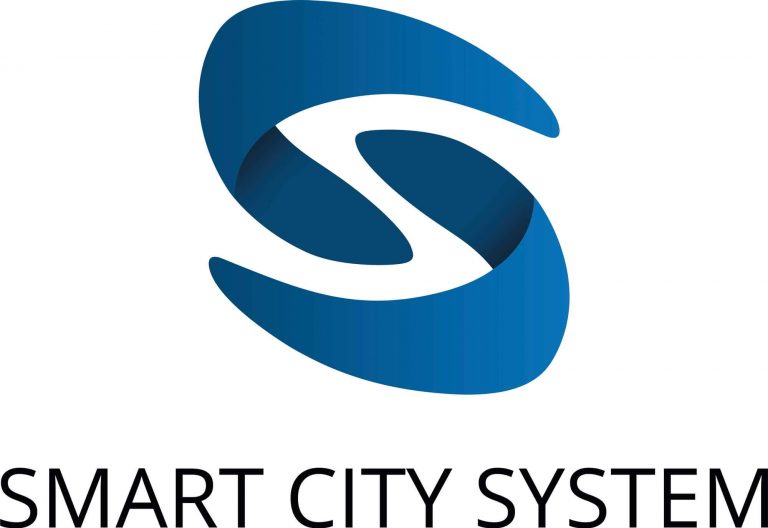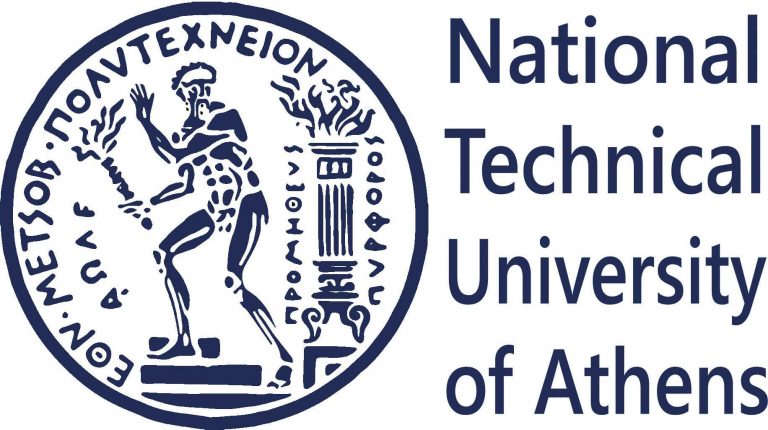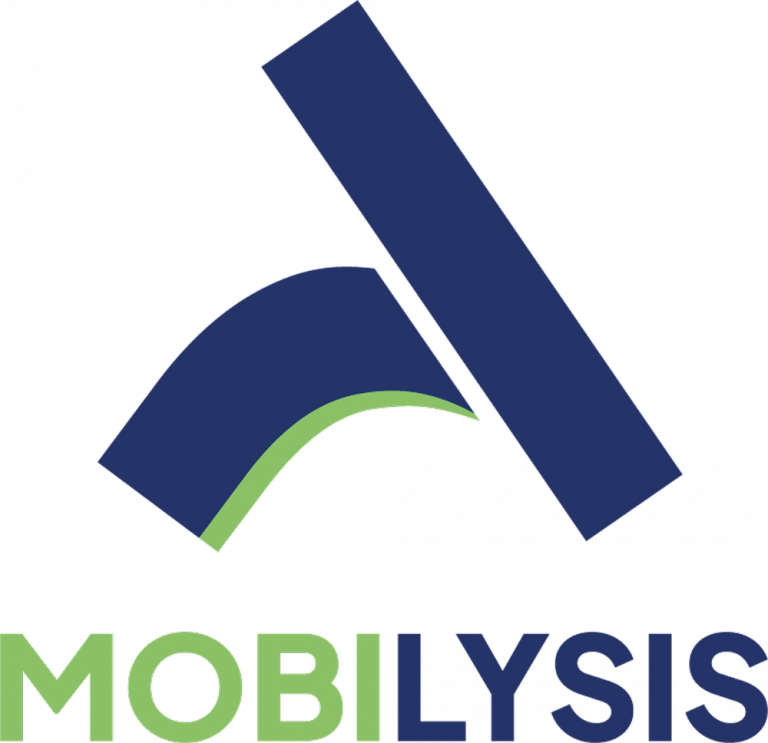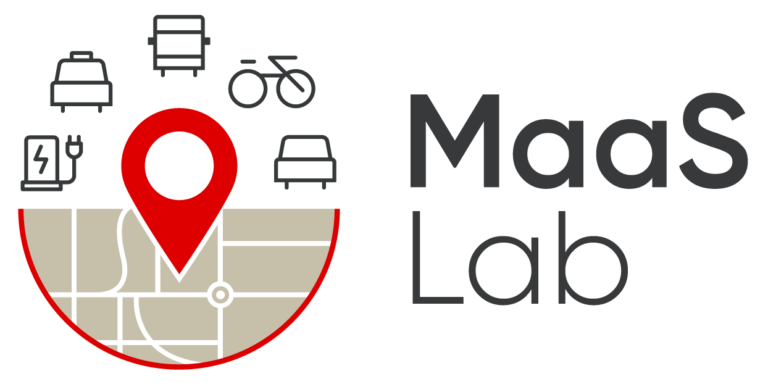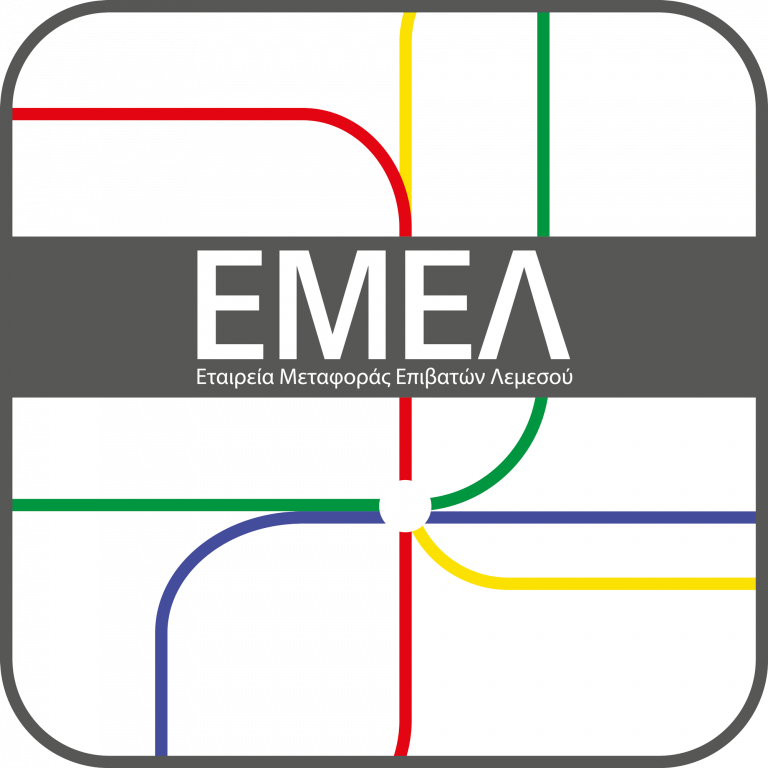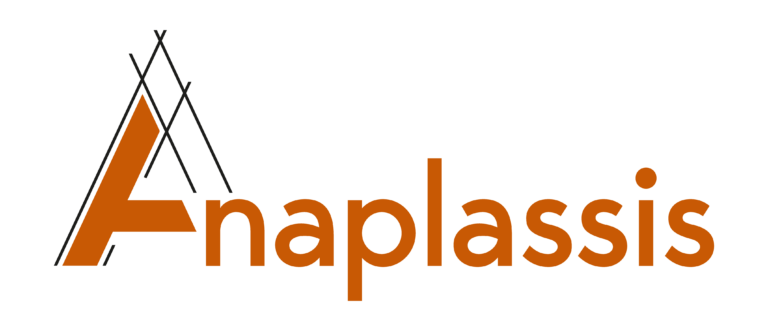Dynamic Curbside Management (DCM) refers to curb spaces whose purpose can be flexibly adapted in real time to maximise the use of public space and meet the needs of all citizens. One potential user of DCM is Mobility-on-Demand (MOD) services—such as taxis, ride-hailing, or future automated transit buses—which often need short-term access for passenger pick-up and drop-off (PUDO). Instead of double-parking and blocking traffic, these services could use DCM areas efficiently. However, MOD services depend on highly optimised operations to remain viable and attractive. Even short PUDO stops represent unproductive time for vehicles. So, how can DCM help improve this?
In a recent publication, our metaCCAZE partner TUM-VT explored how average PUDO duration, its variability, and its stochasticity impact both operators and passengers. Using FleetPy, TUM’s MOD simulation framework, they modeled a fleet of shared autonomous vehicles in Munich. Their study also asked: What if operators had better knowledge of how long each stop would take?
Key Findings
- Longer PUDO stops reduce service capacity: Increasing average PUDO time from 30s to 60s lowers served requests by 2.7%.
- Variability matters: Greater stochasticity in stop duration significantly worsens service reliability and leads to more late arrivals for passengers.
- Better predictions help: Operators can partially mitigate these effects by predicting individual stop durations using data-driven models—or even by using historical averages.
These insights support the idea that well-designed DCM areas—where PUDO stops are shorter and less variable—can benefit both passengers and operators by improving efficiency and reliability.
📄 Read the full paper
TUM’s role in metaCCAZE
TUM contributes to metaCCAZE by leading monitoring and evaluation of Trailblazer Cities (Task 3.6) and serving on the executive board. Additionally, it supports Munich’s Living Lab, providing scientific expertise for monitoring, evaluation, and optimisation. The Living Lab focuses on three innovations: multimodal logistics hubs, dynamic curbside management, and small connected/partly-automated vehicles for last-mile transport.
More about the Living Lab in Munich
Munich plays a key role in metaCCAZE as one of the four Trailblazer Cities, leading the way in bike logistics innovation. The city’s Multimodal Bike Logistics Hub aims to demonstrate how cargo bikes can become a viable alternative to traditional delivery vehicles, reducing congestion and emissions in urban areas. In metaCCAZE, the City of Munich is cooperating with several partners, including the Technical University of Munich, Stadtraum, B4B Logistics, Smart City System Parking Solutions GmbH and DB Schenker. Learn more about Munich’s role as a Trailblazer City Munich here.
Access TUM’s and all metaCCAZE scientific publications here.
